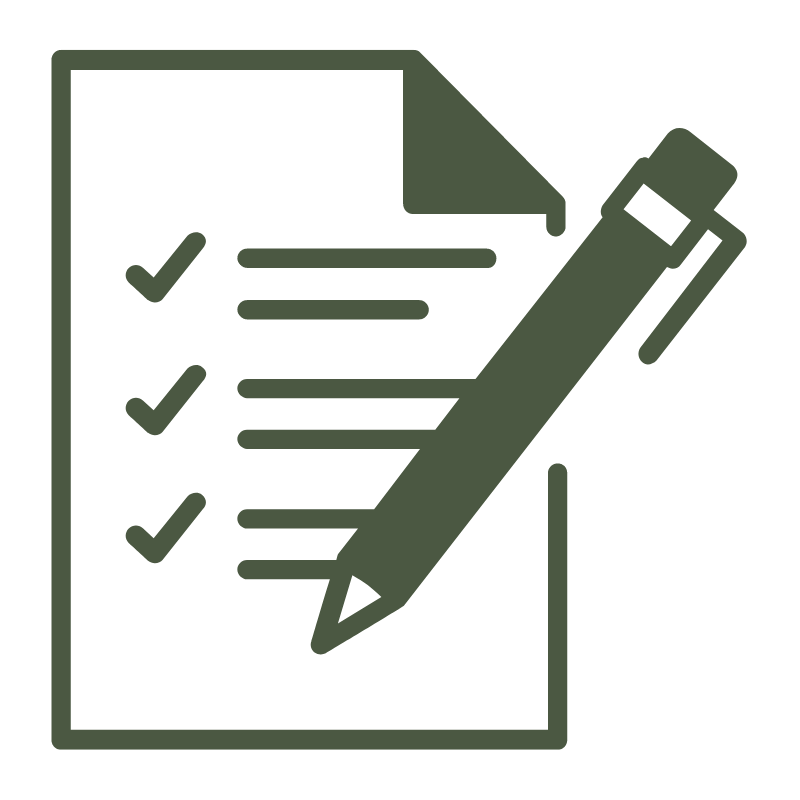
A Second Charge Mortgage is another term for a secured loan. It runs alongside a mortgage but is not provided by the same lender. The second charge refers to the order of priority of repayment in the event of repossession or default.
Second Charge Loans can also be known as Secured Loans or Second Charge Mortgages.
If you take a second-charge loan, your existing mortgage terms can remain unchanged. This loan is known as a 'Second' charge because of the order of priority of repayment.
In the event of a borrower being unable to pay their debts, and the property was repossessed and sold to settle these, the first charge lender will be repaid first. Any subsequent (second) lenders next. Finally, if there are any funds left, after the sale and repayment of debts, then the homeowner will receive them.
You must notify your mortgage provider if you intend to raise a second charge.
Second Charge Mortgages are not limited to residential mortgages. It is also possible to raise a second charge on a Buy to Let property, including Interest Only options.
A charge on a property, in a legal and financial context, refers to a financial interest or claim that one party has on the property or assets of another party. Charges are typically used to secure a debt or financial obligation, providing a level of protection or collateral for the party that is owed money.
Second-charge mortgages are expensive compared to standard mortgages. This reflects the additional risk of being the second lender in order of repayment.
If you opt for a second charge Mortgage, there would also be conveyancing work to complete. This legal work puts the details of the Charge onto the land registry. Once you have repaid your second Charge loan, you will need to do further legal work to remove this Charge.
The assessment of second-charge loans differs from mortgages. Eligibility for Second Charge loans vs further advances can differ.
If you have been declined a further advance with your existing lender, you may still be eligible for a second charge loan.
If you are looking to borrow money, you may look into a Further Advance, Loan, or Remortgage. If these methods are not suitable, you may look for a Second Charge Loan.
Second Charge Loans can be appealing due to their flexibility and different assessment methods. Second Charge loans perhaps provide a better solution for borrowing than a conventional remortgage in this respect.
You may find that you are eligible for a Second Charge Mortgage when you have previously been declined for other methods.
If you have decided to proceed with a second charge loan, it is a good idea to speak to a Mortgage adviser.
A Mortgage adviser will be able to assist with your application for a Second Charge Mortgage, checking the best options across their panel of lenders.
By speaking with a Mortgage adviser, they will also make an appropriate recommendation on whether a Second Charge Loan is the right option for you. When exploring all of your options you may find that a Further Advance or Remortgage is possible and a more appropriate option for you.
There are alternatives to second charges. You can consider Remortgaging, or a further advance. A further advance is where you speak with your current lender and borrow more money within a second sub-account of your mortgage.
If your current lender cannot offer you any further borrowing, you may consider using a second-charge mortgage provider.
Second-charge loans are generally more expensive, this route of borrowing should be considered a last resort once other avenues have been explored, such as Remortgaging or a further advance.
A further advance is where additional borrowing is arranged with your current mortgage provider. It can form a second sub-account within your mortgage, and you would be able to overpay this sub-account separately from your main mortgage.
The second charge is secured against the equity in your property. Your home is at risk if you do not keep up with your repayments.
Yes. You will need to repay the second charge loan to clear the legal Charge on the property. However, it may be possible to raise further finance on your new property.
 No minimum
No minimum  No obligation consultation
No obligation consultation
 No minimum
No minimum  No obligation consultation
No obligation consultation
 No minimum
No minimum  Initial or Ongoing Consultation Fees
Initial or Ongoing Consultation Fees
 No minimum
No minimum  No obligation consultation
No obligation consultation
 No minimum
No minimum  Initial fee free consultation
Initial fee free consultation
 No minimum
No minimum  No obligation consultation
No obligation consultation
 No minimum
No minimum  No obligation consultation
No obligation consultation
 No minimum
No minimum  Initial fee free consultation
Initial fee free consultation
 No minimum
No minimum  No obligation consultation
No obligation consultation
 No minimum
No minimum  Initial fee free consultation
Initial fee free consultation
How to Check Your Credit Score for Free With CheckMyFile.
Discover how swap rates affect mortgage interest rates.
All you need to know about equity release and how it may benefit you, from comparing schemes to tax requirements.
Discover how to speed up the complex conveyancing process